Rémi Besson
CRC
Optimisation des parcours patients pour lutter contre l'errance de diagnostic des patients atteints de maladies rares
Oct 27, 2020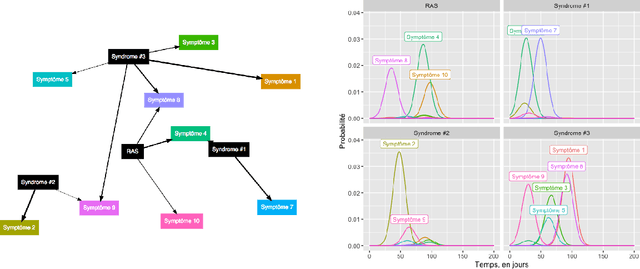
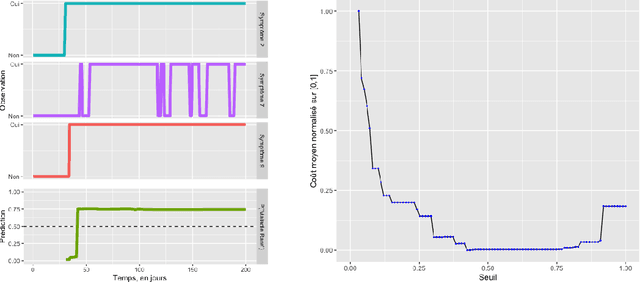
Abstract:A patient suffering from a rare disease in France has to wait an average of two years before being diagnosed. This medical wandering is highly detrimental both for the health system and for patients whose pathology may worsen. There exists an efficient network of Centres of Reference for Rare Diseases (CRMR), but patients are often referred to these structures too late. We are considering a probabilistic modelling of the patient pathway in order to create a simulator that will allow us to create an alert system that detects wandering patients and refers them to a CRMR while considering the potential additional costs associated with these decisions.
Learning from both experts and data
Oct 29, 2019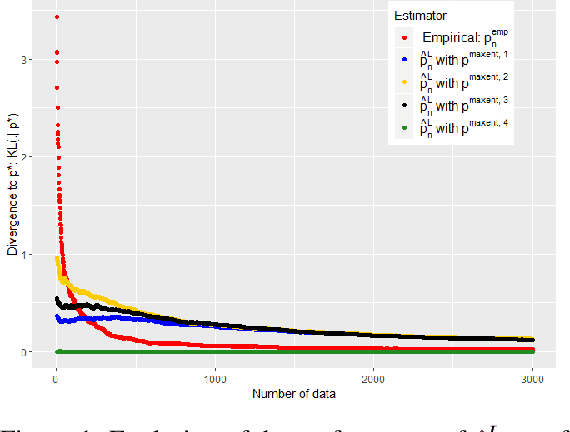
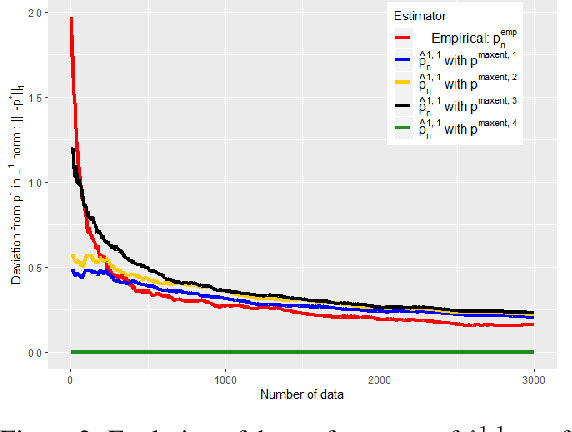
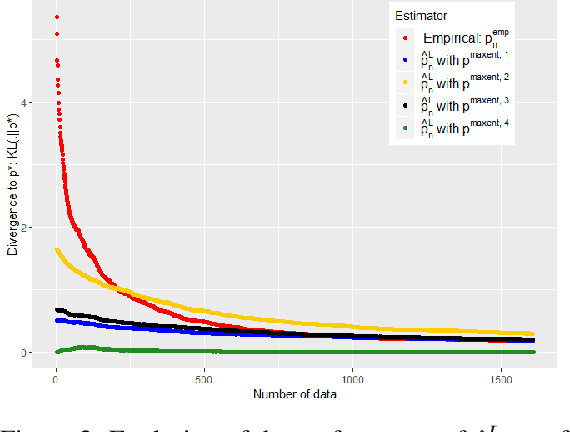

Abstract:In this work we study the problem of inferring a discrete probability distribution using both expert knowledge and empirical data. This is an important issue for many applications where the scarcity of data prevents a purely empirical approach. In this context, it is common to rely first on an initial domain knowledge a priori before proceeding to an online data acquisition. We are particularly interested in the intermediate regime where we do not have enough data to do without the initial expert a priori of the experts, but enough to correct it if necessary. We present here a novel way to tackle this issue with a method providing an objective way to choose the weight to be given to experts compared to data. We show, both empirically and theoretically, that our proposed estimator is always more efficient than the best of the two models (expert or data) within a constant.
A Model-Based Reinforcement Learning Approach for a Rare Disease Diagnostic Task
Nov 25, 2018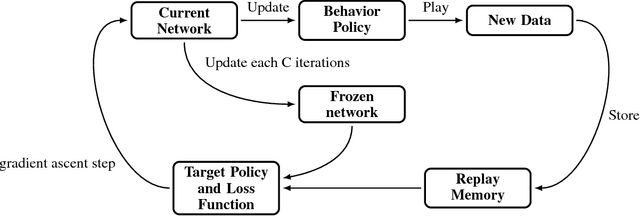
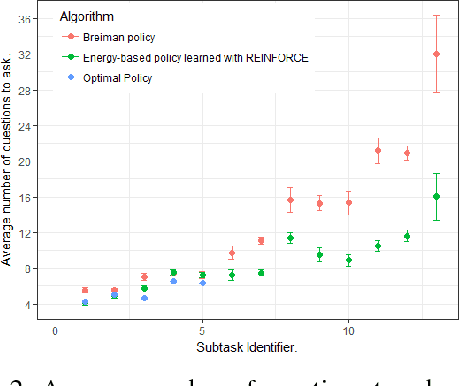

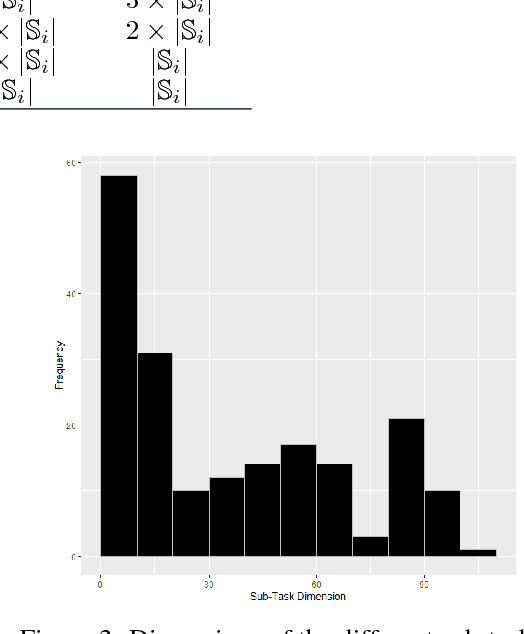
Abstract:In this work, we present our various contributions to the objective of building a decision support tool for the diagnosis of rare diseases. Our goal is to achieve a state of knowledge where the uncertainty about the patient's disease is below a predetermined threshold. We aim to reach such states while minimizing the average number of medical tests to perform. In doing so, we take into account the need, in many medical applications, to avoid, as much as possible, any misdiagnosis. To solve this optimization task, we investigate several reinforcement learning algorithm and make them operable in our high-dimensional and sparse-reward setting. We also present a way to combine expert knowledge, expressed as conditional probabilities, with real clinical data. This is crucial because the scarcity of data in the field of rare diseases prevents any approach based solely on clinical data. Finally we show that it is possible to integrate the ontological information about symptoms while remaining in our probabilistic reasoning. It enables our decision support tool to process information given at different level of precision by the user.
 Add to Chrome
Add to Chrome Add to Firefox
Add to Firefox Add to Edge
Add to Edge